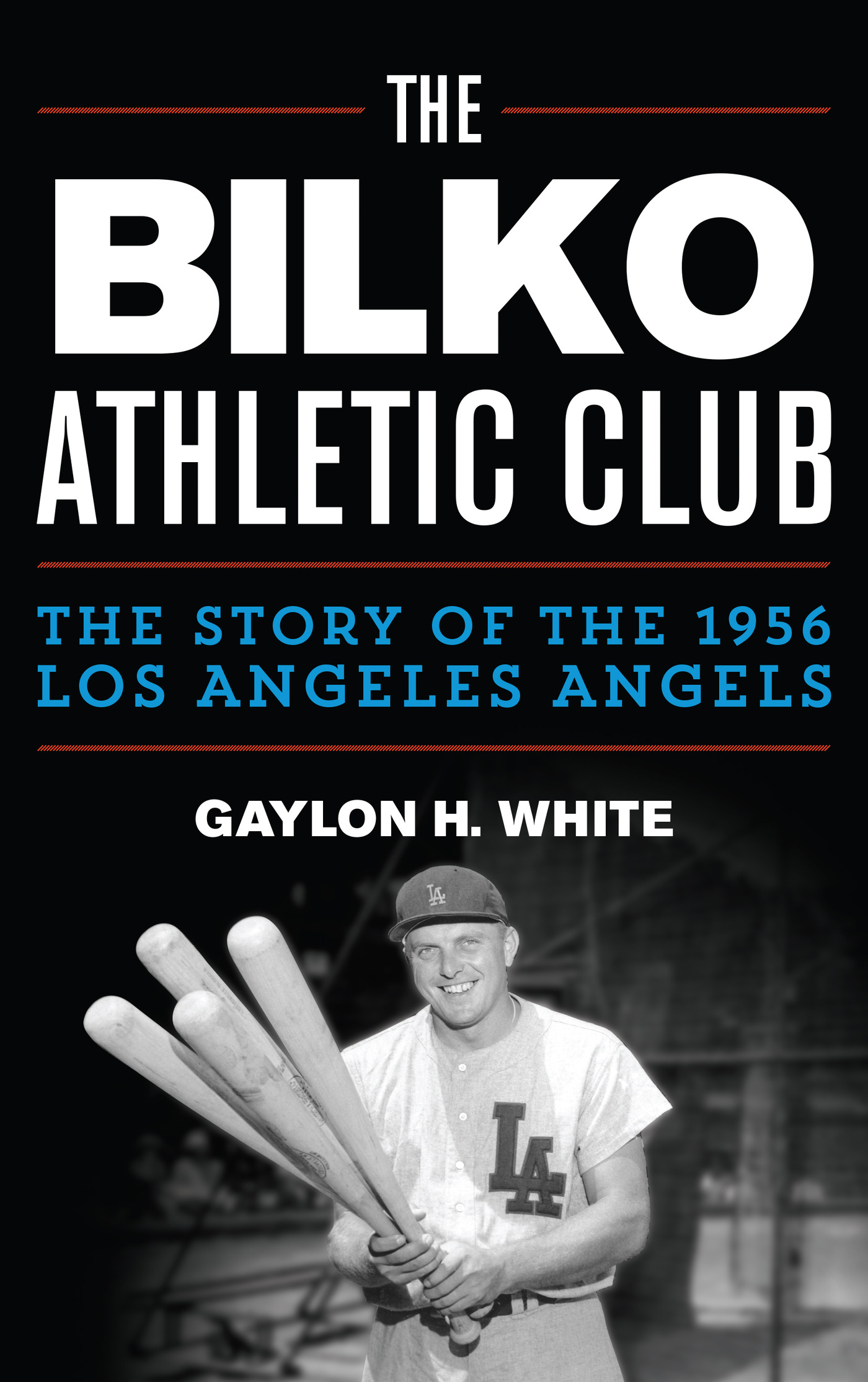The Bilko Athletic Club
The Story of the 1956 Los Angeles Angels
Gaylon H. White
ROWMAN & LITTLEFIELD
Lanham Boulder New York Toronto Plymouth, UK
2014
Published by Rowman & Littlefield
4501 Forbes Boulevard, Suite 200, Lanham, Maryland 20706
http://www.rowman.com
Estover Road, Plymouth PL6 7PY, United Kingdom
Copyright 2014 by Rowman & Littlefield
All rights reserved. No part of this book may be reproduced in any form or by any electronic or mechanical means, including information storage and retrieval systems, without written permission from the publisher, except by a reviewer who may quote passages in a review.
British Library Cataloguing in Publication Information Available
Library of Congress Cataloging-in-Publication Data
White, Gaylon H., 1946
The Bilko athletic club : the story of the 1956 Los Angeles Angels / Gaylon H. White.
pages cm
Includes bibliographical references and index.
ISBN 978-0-8108-9289-7 (cloth : alk. paper) -- ISBN 978-0-8108-9290-3 (ebook) 1. Los Angeles Angels (Baseball team : 1901-1957)--History. 2. Baseball players--California--Los Angeles--Interviews. 3. Bilko, Steve, 1928-1978. I. Title.
GV875.A62W54 2014
796.357'640979494--dc23
2013034818
 The paper used in this publication meets the minimum requirements of American National Standard for Information Sciences Permanence of Paper for Printed Library Materials, ANSI/NISO Z39.48-1992.
The paper used in this publication meets the minimum requirements of American National Standard for Information Sciences Permanence of Paper for Printed Library Materials, ANSI/NISO Z39.48-1992.
Printed in the United States of America
To Don, my older brother, who became my first sports hero when he scored forty-eight points in an eighth-grade basketball game.
What would life be if it werent for the remembrances? We have the future of which we know nothing, we have the present, which is so close and moving so swiftly by that we cant make much of it, but the past is as clear as our memories will allow. Its the memories of the past that convince me how important what I am doing is in the present. Jack Hannah, brother of Joe Hannah, a catcher for the 1956 Los Angeles Angels
Acknowledgments
I owe a huge thanks to more than one hundred players, sportswriters, umpires, and fans who shared their memories of Steve Bilko and the 1956 Los Angeles Angels.
One of the fans was John Schulian, an eleven-year-old in 1956 who went on to become an award-winning sports columnist and write in 1993 a masterpiece, OfStars and Angels, for SportsIllustrated about Bilko, the Angels, and their cross-town rivals, the Hollywood Stars. The story appeared later in Schulians book, Twilightof the Long-ball Gods.
That was a labor of love, John said. I cant tell you what I had for breakfast but I can tell you the lineups of the old Pacific Coast League teams. Schulian gives us another labor of love with the foreword of this book.
Dick Beverage, president of the Pacific Coast League (PCL) Historical Society and author of The Los Angeles Angels of the Pacific Coast League, the definitive history book on the Angels, connected me with players I couldnt find on my own.
Bill Swank, author of Echoes of Lane Field, a book on the San Diego Padres of the old PCL, convinced me to adapt the material Id gathered on Bilko into a book on the 1956 Angels. He also provided pithy comments like The very best era of baseball is when you were a kid.
Matt Dudas, a diehard Cleveland Indians fan, knew nothing about Bilko and the 1956 Angels before he volunteered to read the chapters as I churned them out. His insights made the stories more interesting and relevant to a younger generation of baseball fans.
Hank Inman is a former sportswriter and long-time friend dating back to the University of Oklahoma when we announced baseball games for KUVY, the student radio station. Hank is as avid a St. Louis Cardinals fan as I am a Chicago Cubs fan. We were together in 1984 at Three Rivers Stadium in Pittsburgh when the Cubs clinched a division title, their first of any type in thirty-nine years. We were listening to the radio two weeks later in a Cleveland Hopkins airport parking lot when the San Diego Padres Steve Garvey hit a two-run walk-off homer to beat the Cubs in the fourth game of the National League Championship Series, the key blow in the Padres winning the best-of-five series. Our shared history made Hank the ideal editor for critiquing the manuscript and making it better.
Leann DeBord, a former business colleague, was a jack of all trades, proofreading chapters, helping with the indexing, and coming to my rescue when Excel spreadsheets, PDF files, and the other mysteries of word processing threatened my sanity.
The UCLA Library Special Collections Department is a gold mine of Los Angeles Times photographs from the 1950s. Helping me find the nuggets featured in this book was Simon Elliott, an all-star visual materials specialist if there ever was one.
Its customary for an author to thank his or her spouse profusely for their support and understanding during the long and arduous process of writing a book. My wife of nearly forty-nine years, Mary, had grounds for divorce many times as I spent countless hours away from home doing player interviews and poring through microfilm for newspaper stories that help bring the past to life again. Mary never complained, and she never questioned why I was spending so much time with people almost everybody else has forgotten. She understands the importance of telling their stories.
Preface
Davy Crockett was bigger than ever in 1955, and the number of raccoons was getting smaller and smaller.
From the mountain tops of Tennessee to the beaches of California, kids were wearing coonskin caps while singing The Ballad of Davy Crocket along with Fess Parker, the actor who played the legendary frontiersman in a television miniseries that was just as popular as the song. The Crockett craze connected with millions of kids across the United States.
Contrast this with baseball, the so-called national pastime. Baseball had a national following, but there were only sixteen major league teams and none west of Missouri. And there was no ESPN, cable TV super channels, or Internet to narrow the gap between East and West. East was east, west was west, and newspaper columns titled Eastern Sports reminded us of the difference.
In Los Angeles, where I was born and grew up, we had the Pacific Coast League (PCL), our own major league. The big leagues didnt arrive in southern California until 1958, when the Brooklyn Dodgers vacated Ebbets Field for the Coliseum in L.A.
Officially, the PCL was a minor league and considered open classification. All of the other thirty-two minor leagues in 1955 were class AAA or lower down to class D. With television providing more and varied forms of entertainment, attendance at major and minor league games was steadily declining. As high as fifty-nine in 1949, the number of minor leagues would shrink even more to twenty-eight in 1956.
My favorite team was the Los Angeles Angelsa name later adopted by the citys first major league team in the American League. They had a working agreement with the Chicago Cubs, and like the Cubs, the Angels home ballpark was named Wrigley Field. They were both located in residential neighborhoods and their friendly confines almost identical in size and appearance down to the ivy-covered brick walls in left field.
We didnt need a front-row seat to see the faces of the players or hear their bantering. The crack of the bat, the popping of a mitt from a blazing fastball, and the yells of the vendors and fans could be heard almost anywhere in the ballpark. We didnt need binoculars to see a home run wreak havoc on one of the houses protruding above the left-field wall. We followed the house as closely as a pitched ball because the two could meet at any moment in a game. No one would dream of sitting down for dinner without wearing a fielders glove, wrote Ned Cronin of the house in the

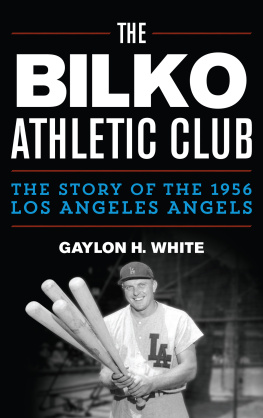
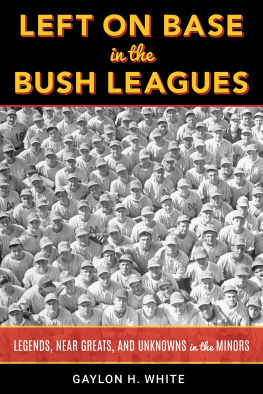
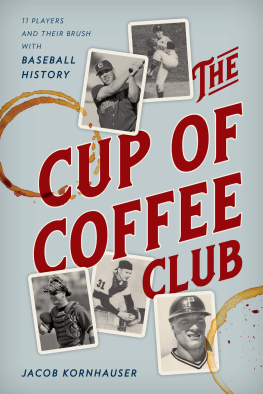
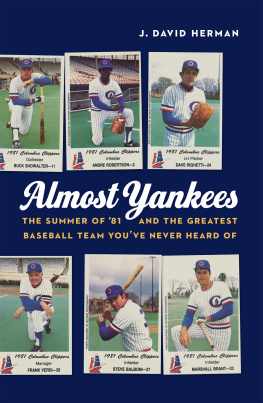
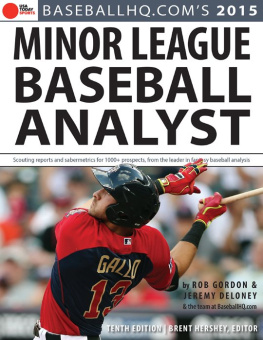
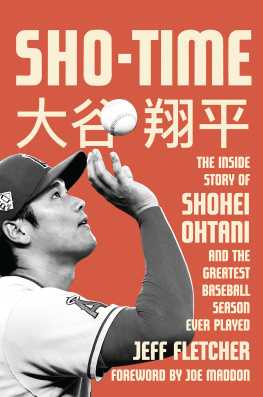
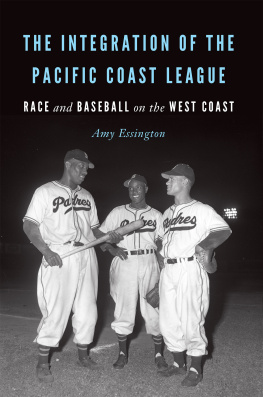

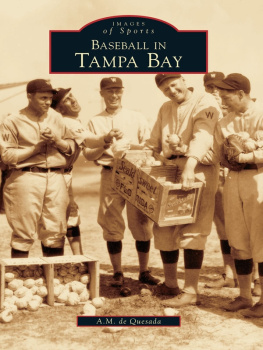
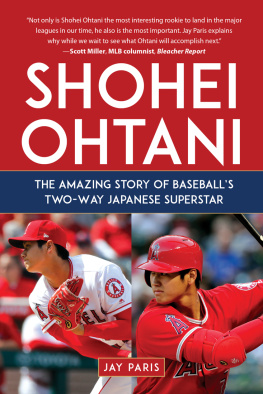
 The paper used in this publication meets the minimum requirements of American National Standard for Information Sciences Permanence of Paper for Printed Library Materials, ANSI/NISO Z39.48-1992.
The paper used in this publication meets the minimum requirements of American National Standard for Information Sciences Permanence of Paper for Printed Library Materials, ANSI/NISO Z39.48-1992.